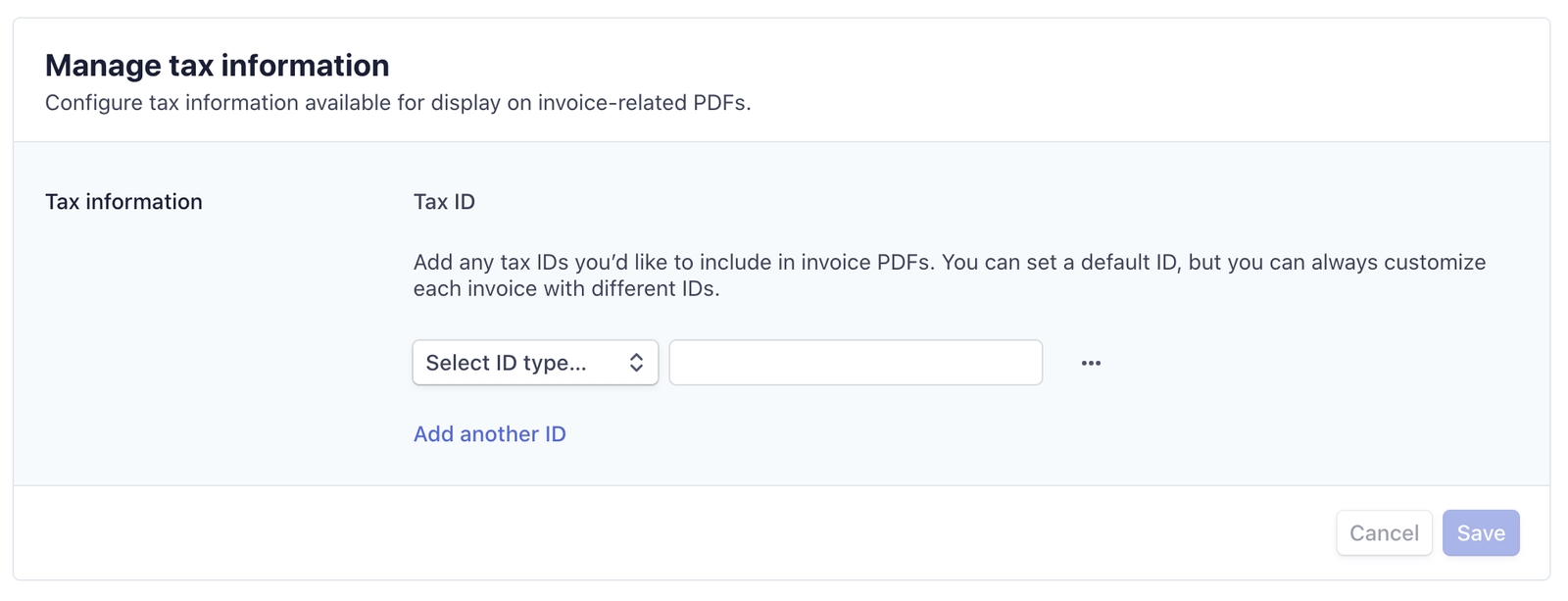Home>Finance>Negotiation: Definition, Stages, Skills, And Strategies


Finance
Negotiation: Definition, Stages, Skills, And Strategies
Modified: December 30, 2023
Learn the definition, stages, skills, and strategies of negotiation in finance. Enhance your financial decision-making abilities with expert insights and techniques.
(Many of the links in this article redirect to a specific reviewed product. Your purchase of these products through affiliate links helps to generate commission for LiveWell, at no extra cost. Learn more)
Mastering the Art of Negotiation: Definition, Stages, Skills, and Strategies
Finance is a crucial aspect of our lives, and learning the art of negotiation can significantly impact our financial success. Whether you are negotiating a salary raise, striking a deal with a vendor, or making investment decisions, having strong negotiation skills can make all the difference. In this blog post, we will delve into the world of negotiation, exploring its definition, stages, essential skills, and effective strategies. So, let’s dive in and discover the secrets behind successful negotiations!
Key Takeaways:
- Effective negotiation skills are vital for financial success in various aspects of life.
- Understanding the definition, stages, skills, and strategies of negotiation is crucial in building proficiency.
What is Negotiation?
Negotiation is a communication process in which individuals or groups come together to reach an agreement or solve a problem. It involves decision-making, information sharing, and compromise. The art of negotiation lies in finding a mutually acceptable solution while ensuring that your interests are also met. It requires effective listening, persuasive communication, and the ability to find common ground.
The Stages of Negotiation
Successful negotiations typically involve several stages. Let’s break down these stages:
- Preparation: This stage is crucial as it sets the foundation for the negotiation process. It involves gathering information, defining objectives, understanding the other party’s position, and anticipating potential challenges.
- Discussion: In this stage, both parties present their arguments and clarify their positions. Active listening and open-mindedness play a vital role in understanding each other’s perspectives.
- Proposing and Bargaining: This stage involves making offers and counteroffers. Both parties explore potential solutions, seeking common ground and finding a compromise.
- Closure: The final stage focuses on reaching an agreement and solidifying the deal. This may involve drafting contracts, finalizing details, and ensuring both parties are satisfied with the outcome.
Essential Skills for Successful Negotiation
Developing key skills is essential for becoming a proficient negotiator. Some of these skills include:
- Active Listening: Engaging in active listening helps you understand the other party’s interests, concerns, and priorities, leading to more effective communication.
- Effective Communication: Strong communication skills enable you to articulate your viewpoint clearly, persuade others, and build rapport.
- Emotional Intelligence: Being aware of and managing your emotions, as well as recognizing and understanding others’ emotions, can help build trust and influence during negotiations.
- Problem-Solving: The ability to think creatively and propose innovative solutions allows for win-win outcomes.
- Resilience: Negotiations often involve setbacks and hurdles. Being resilient helps you adapt, stay calm under pressure, and find alternative solutions.
Effective Strategies for Negotiation
Now that we have explored the stages and skills involved in negotiation, let’s dive into some effective strategies:
- Prepare Thoroughly: Thorough preparation ensures you enter negotiations with confidence and a deep understanding of the subject matter.
- Focus on Interests, Not Positions: Identifying underlying interests and focusing on problem-solving rather than fixed positions allows both parties to reach creative solutions.
- Seek Win-Win Outcomes: Strive for outcomes that benefit all parties involved, fostering long-term relationships and future collaborations.
- Maintain Flexibility: Being open to compromise and adapting your approach based on new information or changing circumstances strengthens your negotiating position.
- Leverage Information: Gather relevant data and use it to support your arguments and proposals during negotiations.
Negotiation is a skill that can be cultivated and honed over time. By understanding the definition, stages, skills, and strategies involved, you can become a more effective negotiator, propelling your financial success and fostering mutually beneficial relationships. So, embrace the art of negotiation and unlock the possibilities it holds for your finance-related endeavors!
Key Takeaways:
- Effective negotiation skills are vital for financial success in various aspects of life.
- Understanding the definition, stages, skills, and strategies of negotiation is crucial in building proficiency.














